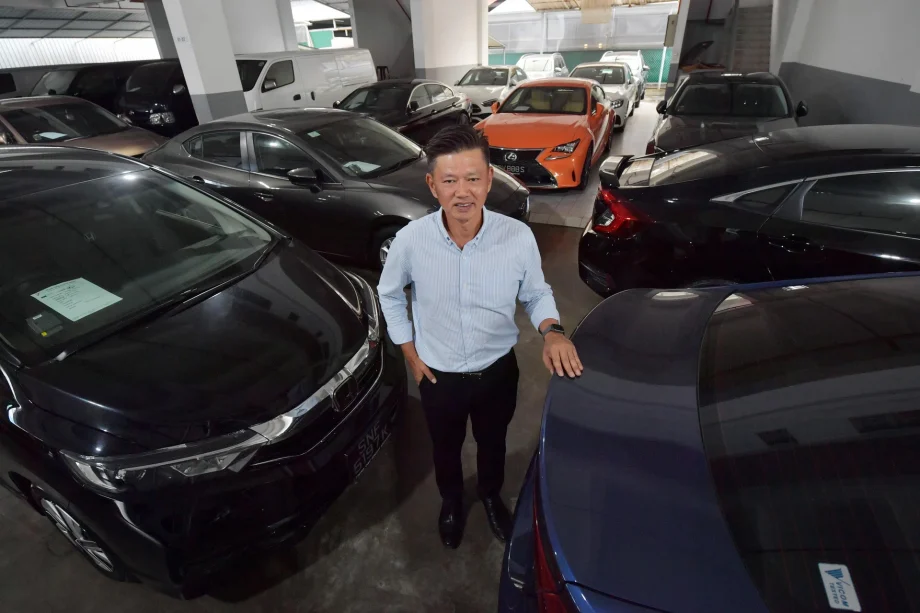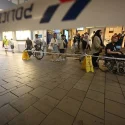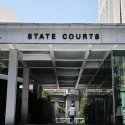While voting rules had been misapplied at a May 2024 AGM, SVTA’s president lacked the authority to reconvene the meeting a month later: Appellate Division
[SINGAPORE] The Republic’s largest motor association remains without proper leadership, after the Appellate Division of the High Court ruled that two separate executive committee elections were both invalid.
The dispute arose from the Singapore Vehicle Traders Association’s (SVTA) 51st annual general meeting (AGM) in May 2024, which was convened to elect the executive committee for its 27th term running from 2024 to 2026.
A disagreement over voting procedures led president Neo Tiam Ting to adjourn the meeting and reconvene it later in June, resulting in two competing elections.
Neo lost his appeal on Tuesday (Nov 11), with a three-judge panel ruling against his bid to validate the June 2024 election at the AGM he had reconvened.
The court found that while the May election breached the association’s constitution by applying incorrect voting rules, Neo also lacked the authority to unilaterally adjourn and reconvene the June meeting.
The ruling leaves SVTA in a constitutional deadlock, with its previous executive committee technically still in office nearly 18 months after it was meant to hand over power. Under the association’s constitution, an outgoing executive committee cannot relinquish its duties until a new committee has properly taken office.
The judgment revealed that there were subsequent attempts to conduct fresh elections between the initial court ruling in November 2024 and the release of the written grounds in May 2025.
In May 2025, 30 members of the SVTA held an extraordinary general meeting, where six resolutions were put to a vote. The resolutions called for, among other things, Neo’s removal as president and a re-election of both the president and executive committee for the 27th term.
On Jun 13, a re-election was conducted and a new president and executive committee were elected. However, the validity of this latest election is “apparently the subject of a separate dispute”, the judges noted.






